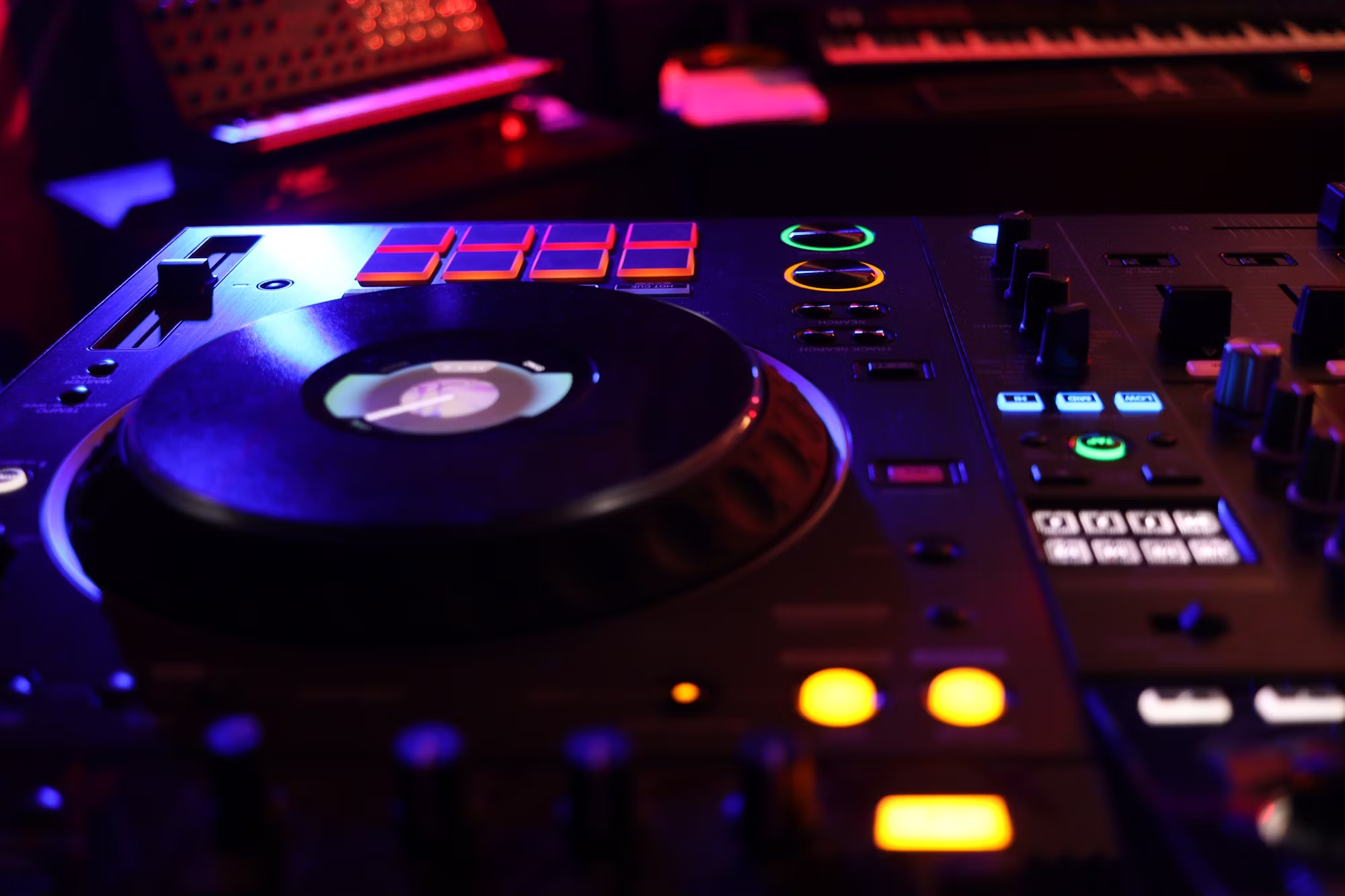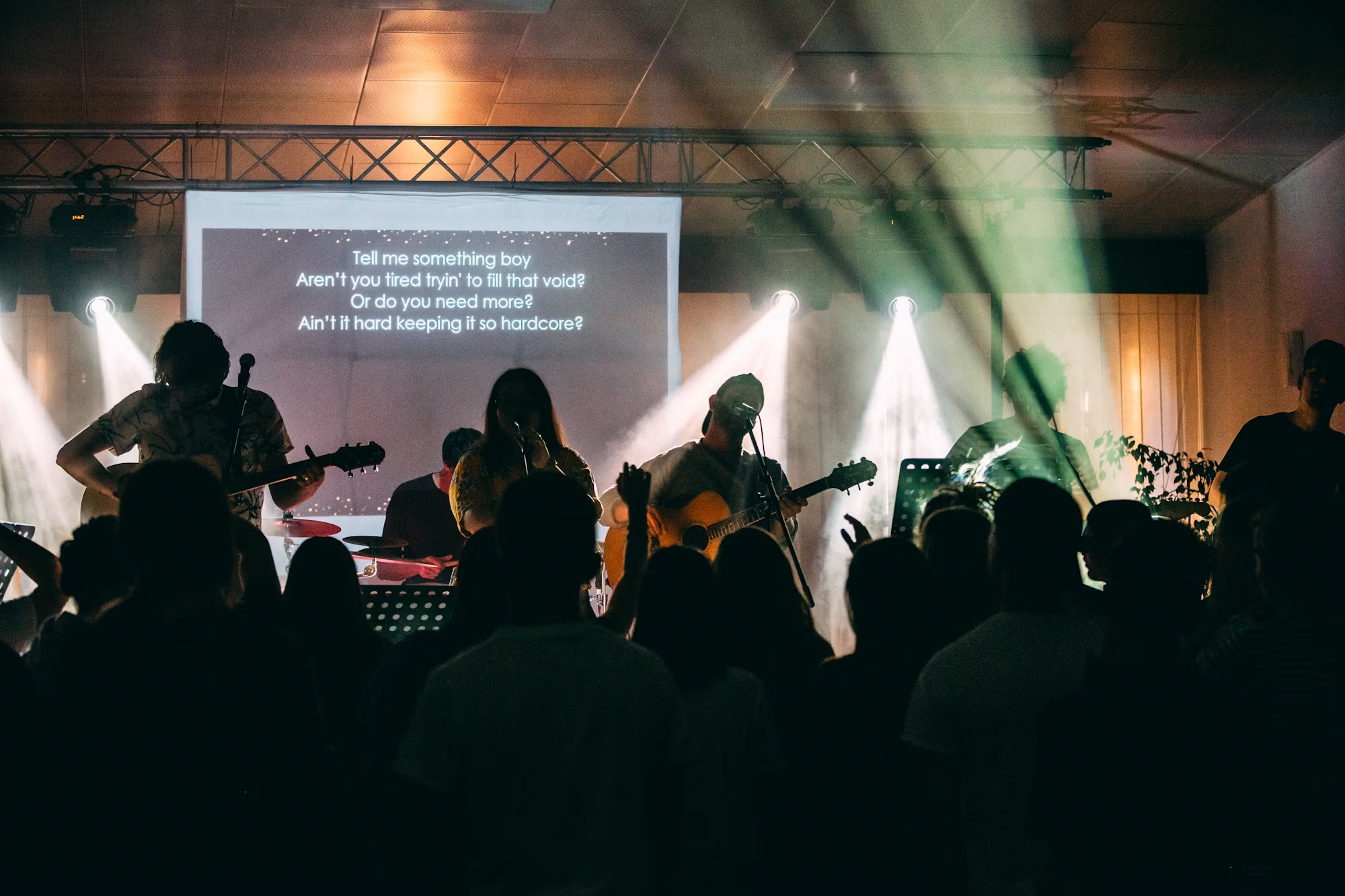Live music events have long been a cornerstone of cultural expression, bringing together artists and audiences in shared experiences that resonate deeply. From intimate solo performances to grand orchestral concerts, the landscape of live music is as varied as the genres it encompasses. This article explores the diverse types of live music events, highlighting their unique characteristics and the experiences they offer.
Solo Performer Concerts
Solo performer concerts showcase individual artists, allowing them to present their music in an intimate setting. These performances can vary widely, featuring soloists like pianists, guitarists, or vocalists who command the stage with their unique talents. The charm of solo concerts lies in the personal connection formed between the artist and the audience. Fans often feel a deep emotional resonance as they witness a single performer pour their heart into each song.
Artists such as Ed Sheeran have mastered the art of solo performances, engaging audiences with just a guitar and his powerful voice. His concerts highlight how one individual can create an immersive atmosphere, using storytelling and emotion to draw listeners in. These performances often allow for a more personal experience, as artists share insights into their songs, making the audience feel like part of the journey.
Band and Group Performances
Contrasting solo concerts, band and group performances bring together multiple musicians to create a rich tapestry of sound. These concerts can range from small ensembles to large rock bands, jazz groups, or orchestras, offering a collective energy that is palpable in the air. The dynamics of playing in a group can enhance the overall experience, as musicians feed off each other’s energy and create a unified sound.
For instance, a rock band like Coldplay captivates audiences with their vibrant performances, often incorporating visuals and audience participation to heighten the experience. The synergy among band members adds an electrifying element that solo performances may lack, inviting the audience to join in the celebration of music.
Orchestral Concerts
Orchestral concerts represent a majestic aspect of the live music scene, featuring symphony orchestras performing classical masterpieces. These events typically take place in grand venues, where the audience can appreciate the intricate arrangements and the skill of the musicians. Orchestral concerts often highlight the works of renowned composers like Beethoven, Mozart, and Tchaikovsky, immersing audiences in a world of complex harmonies and rich textures.
The experience of attending an orchestral concert is unique; the ambiance of a symphony hall, coupled with the power of a full orchestra, creates a captivating atmosphere. Conductors lead the ensemble, guiding musicians to bring the music to life, while audiences are invited to surrender to the emotional depth of each piece. This type of concert fosters appreciation for classical music, showcasing its timeless beauty.
Music Festivals
Music festivals have gained immense popularity, providing an opportunity for fans to experience multiple artists and genres in one event. These festivals can last for days and feature a diverse lineup, ranging from rock to electronic and everything in between. Events like Coachella and Glastonbury exemplify the festival culture, where attendees come together to celebrate music, art, and community.
Festivals create a unique atmosphere, often fostering a sense of camaraderie among attendees. People gather from all walks of life, united by their love for music. The variety of performances across multiple stages allows audiences to discover new artists while enjoying their favorites. Music festivals serve as a microcosm of the music industry, showcasing emerging talent alongside established stars, making them a vital part of the live music landscape.
Unplugged or Acoustic Concerts
Unplugged or acoustic concerts focus on stripped-down performances, where artists play without electric amplification. This format emphasizes the raw talent of musicians and creates an intimate setting that allows for deeper emotional connections. Many well-known artists have embraced this style, offering fans a chance to hear their music in a new light.
Artists like Nora Jones and Jack Johnson are celebrated for their acoustic performances, where their voices and instruments take center stage. This style of concert allows listeners to appreciate the nuances of the music and the artist’s artistry, fostering a profound connection between performer and audience.
Tribute Concerts
Tribute concerts honor specific artists, bands, or musical eras, recreating their music and style. These performances serve as a celebration of the original artists’ legacies, often drawing dedicated fans eager to relive the magic of their favorite musicians. Tribute bands meticulously recreate the sound and experience of legendary acts like Queen, The Beatles, or David Bowie, providing audiences with a nostalgic journey through music history.
The appeal of tribute concerts lies in their ability to evoke cherished memories and emotions associated with the original artists. Fans can experience the music they love while discovering new interpretations and performances that pay homage to their idols.
Specialty Concerts
Specialty concerts encompass various unique events, such as benefit concerts aimed at raising funds for charitable causes. These performances often feature multiple artists coming together for a common purpose, amplifying their message through the power of music. Benefit concerts like Live Aid or The Concert for New York City exemplify how music can unite people for a greater cause.
In addition to charity events, themed or concept concerts offer audiences a distinctive experience. These shows may focus on specific themes, such as a storytelling concert where the artist shares anecdotes alongside their songs, or album anniversaries where the artist performs a classic album in its entirety. These specialized events provide fans with a unique and immersive experience, deepening their appreciation for the artist’s work.
Concert Tours and Residencies
Concert tours involve a series of performances by an artist or band across various locations, allowing them to reach diverse audiences. Touring is an essential aspect of the music industry, enabling artists to connect with fans globally while promoting their latest releases. Tours can vary in scale, from small club shows to massive arena concerts, each offering a different experience.
In contrast, concert residencies involve a series of performances at a single venue over a specified period. These events provide artists with the opportunity to create a unique show tailored to a specific location, often resulting in memorable experiences for attendees. Artists like Celine Dion and Elton John have embraced residencies, creating intimate performances that allow them to explore their catalog in depth.
Virtual or Livestream Concerts
The rise of technology has given birth to virtual or livestream concerts, allowing artists to reach fans worldwide without geographical limitations. These online performances became particularly popular during the pandemic, offering audiences a way to experience live music from the comfort of their homes. Platforms like YouTube and Twitch have enabled artists to connect with fans in real-time, breaking down barriers and creating new avenues for performance.
While virtual concerts may lack the physical presence of a live audience, they often foster a sense of community through online interaction. Fans can chat, share experiences, and support their favorite artists, creating a vibrant atmosphere despite the digital medium.
Conclusion
Live music events encompass a vast array of experiences, each with its unique charm and appeal. Whether through the intimacy of a solo performance or the electrifying energy of a festival, these events foster connections between artists and audiences that are both profound and transformative. As the music industry continues to evolve, the importance of live music remains steadfast, reminding us of the universal language that binds us all together—music. The rich tapestry of live music events will continue to captivate and inspire generations to come.

